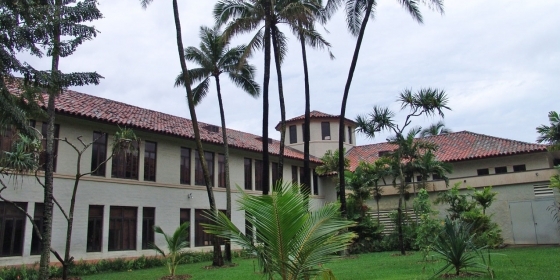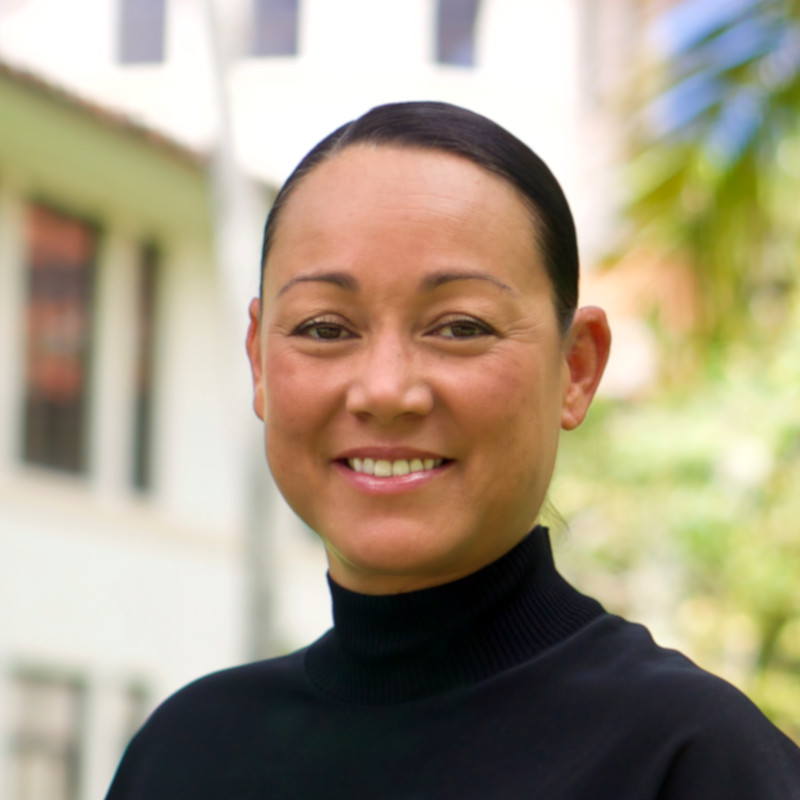
The National Council for Teacher Quality (NCTQ) released its 2020 Teacher Prep Review on January 27, 2020. NCTQ, which defines itself as a nonpartisan research and policy group committed to modernizing the teaching profession, has been publishing their unofficial popularity poll since 2013 with emphasis placed on the “science of learning.”
Their recent evaluation of over 1,000 programs ranks two UH Mānoa College of Education (COE) reading and language arts programs in the bottom 50% for their non-compliance with the “science of reading instruction in teacher preparation.” This erroneous and unfounded evaluation is in contrast with the college’s national accreditation (since 2000) and globally recognized teacher preparation programs, which include the COE School of Teacher Education (STE).
STE reading and literacy faculty in the college engage in research and evidenced-based approaches, grounded in the work of well-respected scholars in the field. Courses emphasize a critical perspective and encourage students to examine issues of social justice while using culturally-responsive practices.
NCTQ is not a national professional organization, nor is it recognized by the U.S. Department of Education as an accrediting body for teacher education. NCTQ is a private “research” group, created by the Thomas B. Fordham Foundation in 2000, which publishes non peer-reviewed opinion pieces.
The American Association for Colleges of Teacher Education (AACTE) has created a webpage with an NCTQ response kit at the growing request of postsecondary institutions with educator preparation programs. The page states, “A recent assessment by the National Education Policy Center (NEPC) found the NCTQ Review to have ‘multiple logical, conceptual, and methodological flaws… In previous surveys of AACTE member institutions, nearly 90% said that NCTQ did not serve as an appropriate and objective arbiter for educator preparation program quality” (https://aacte.org/resources/nctq/).
“The COE faculty and administration continue to seek ways to improve our teacher preparation programs, guided by our sense of purpose and sense of place and committed to academic rigor, diversity, and social justice,” Dean Nathan M. Murata said. “We meet the highest national standards for the preparation of teachers, administrators, and other school professionals, and we measure the success of our programs against a variety of respected and established national standards.”
The COE is also a member in good standing of the Association for Advancing Quality in Educator Preparation (AAQEP), a national accrediting body. In order to achieve and maintain national accreditation, the COE must meet a set of rigorous standards for the field of education. AAQEP’s process is aligned to the recognition standards of the Council for Higher Education Accreditation (CHEA) and the recognition requirements of the Secretary of Education.

